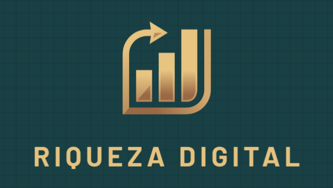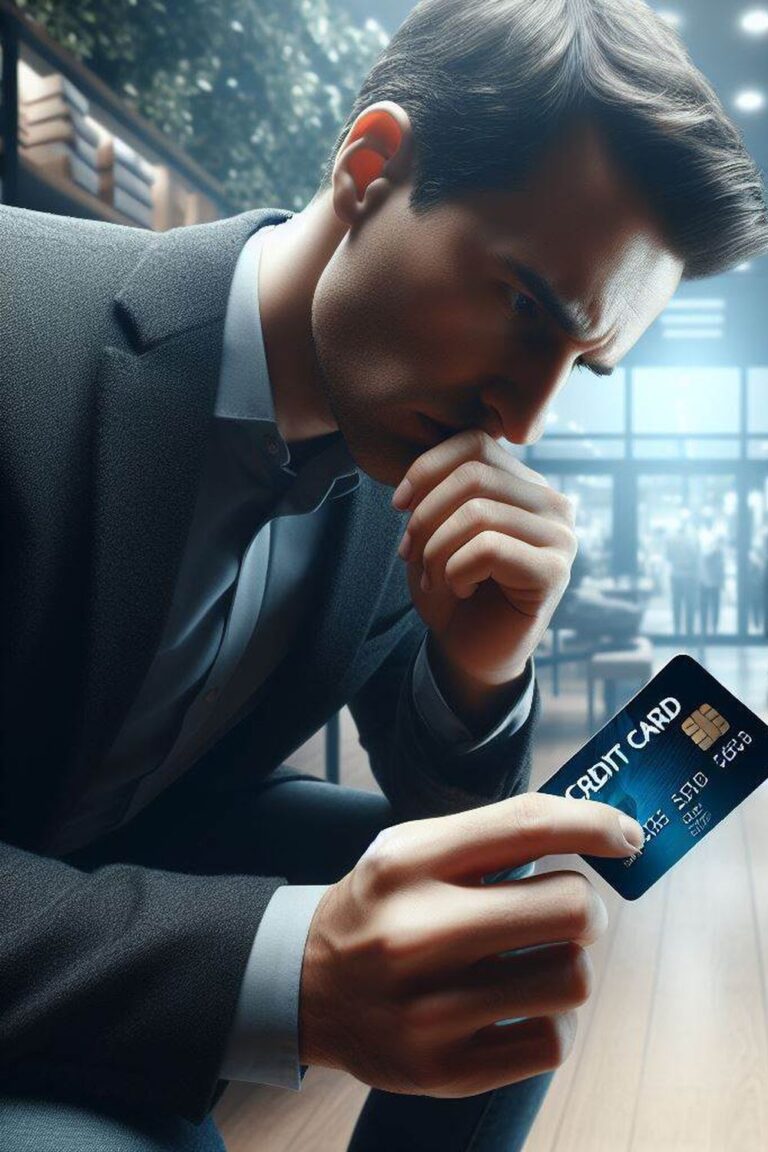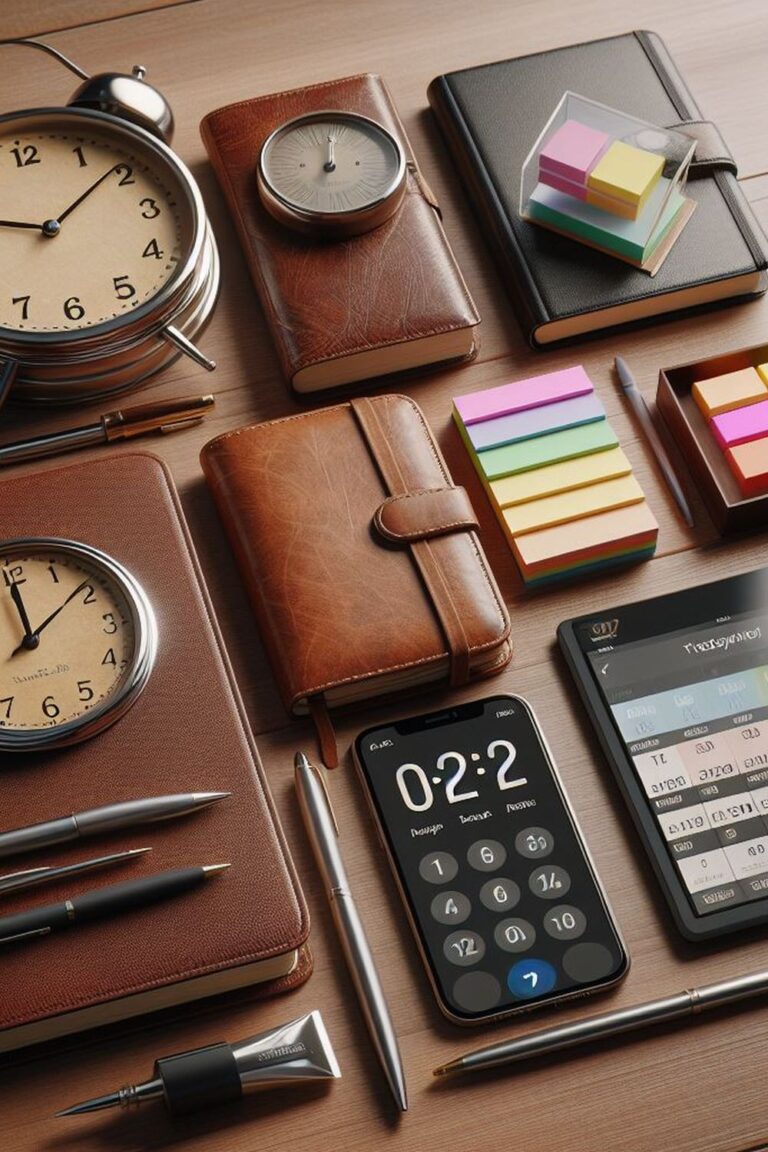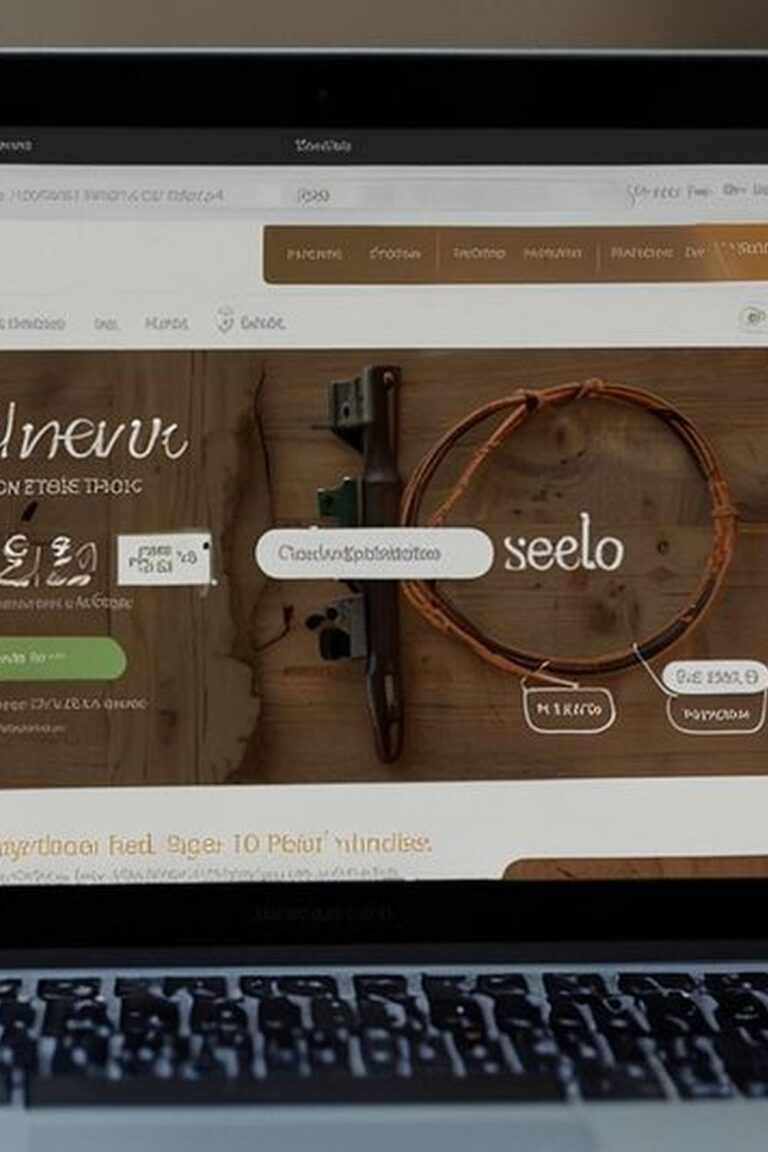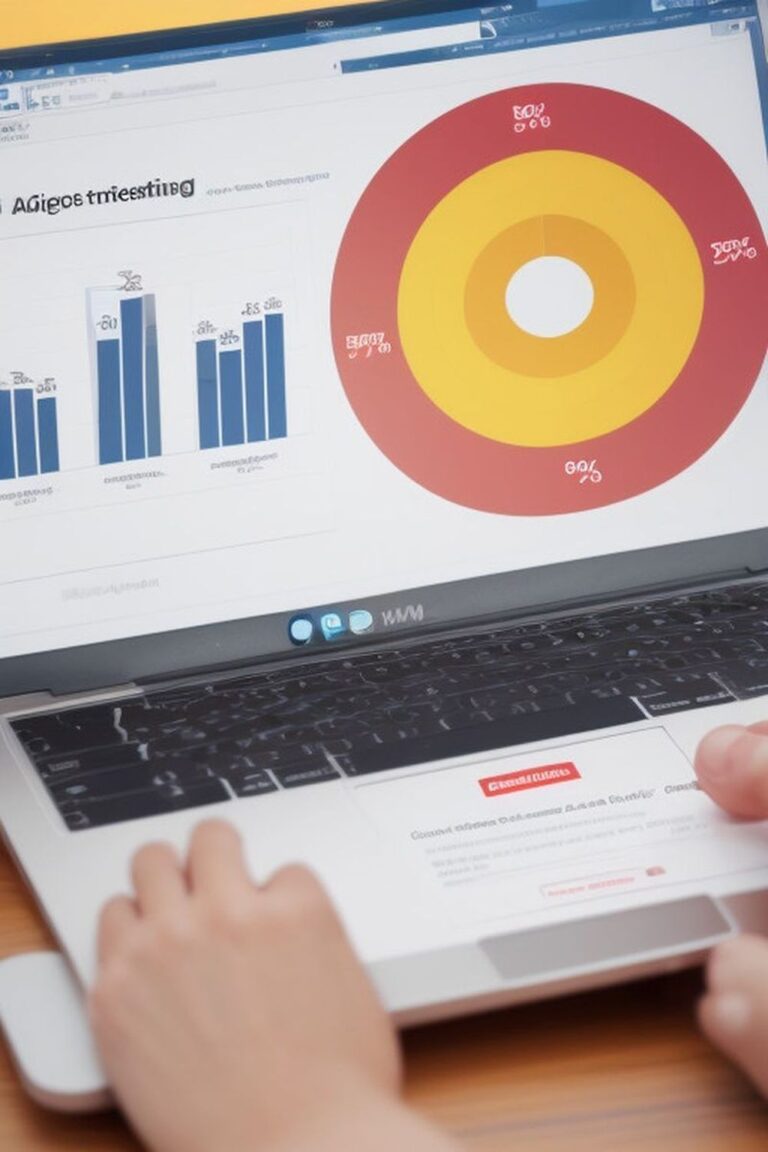Impulse purchases can hinder your progress toward getting out of debt and reaching your financial goals. And everyone, at some point, makes an impulse purchase. Let he who is without sin cast the first stone. However, it’s crucial to learn to resist the temptation to buy something you don’t really need. Before making a purchase, take at least a moment to reflect on whether you really need the item or if it is just a momentary impulse.
This does not mean passing up good opportunities, but you have to know how to distinguish between a buying opportunity and an unnecessary impulse purchase or a purchase that has been suggested by some marketing technique.
An effective strategy to avoid impulse purchases is to have a clear budget when shopping, and stick to it as strictly as possible. It helps to plan your spending in advance and have a specific amount allocated in your budgets for discretionary purchases.
As a little trick, consider leaving your credit cards at home and carrying only cash when you go shopping. This will definitely help you limit your spending and think twice before making an impulse purchase.
One of the great financial advantages of cash is that, unlike what happens when you pay with plastic cards, you can see the cash going down, which helps with self-control. It is therefore an invaluable visual aid in terms of spending control.
Avoiding impulse purchases requires self-control and financial planning. By thinking about your purchases, following a budget and limiting access to impulsive forms of payment, you will be one step closer to controlling all your spending and moving toward financial freedom without debt or stumbling blocks.
